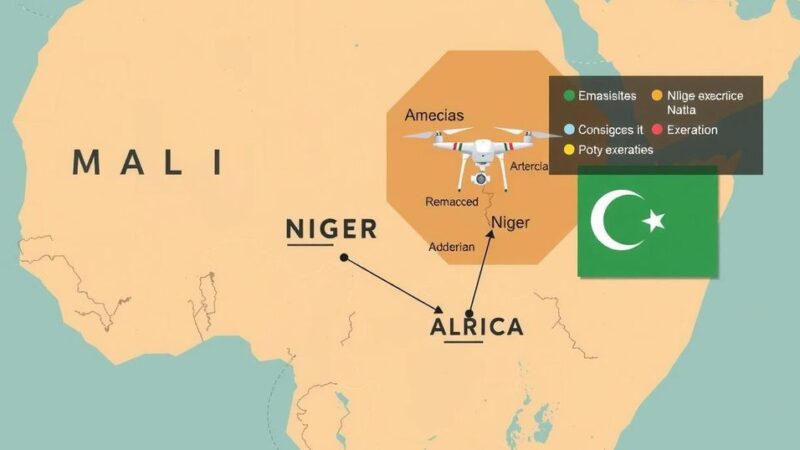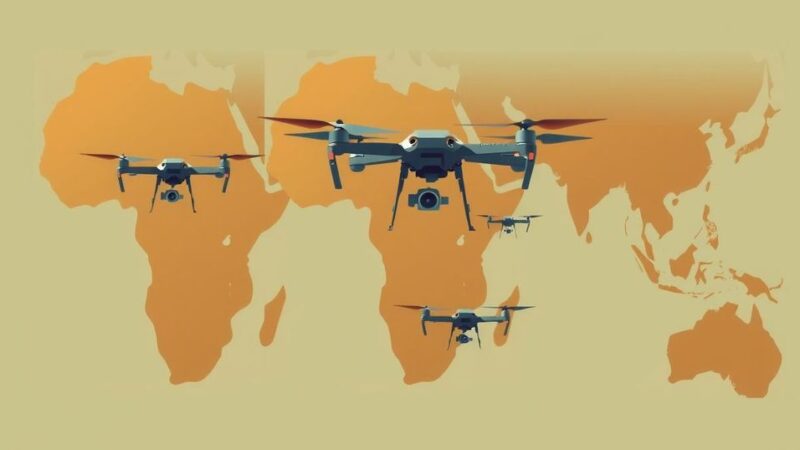Brazil will have world leaders deliver climate speeches before COP30 to mitigate logistical pressures in Belém. The summit will occur on November 6-7, with discussions about potential impacts on media attention and negotiation pressures. The Amazon’s significance highlights the urgency of climate action amidst infrastructural and environmental challenges.
Brazil is set to host COP30 and has decided that world leaders will deliver their speeches on climate action ahead of the official UN negotiations, starting on November 10. This change is aimed at alleviating logistical issues such as accommodation and transportation in Belém, a medium-sized city in the Amazon. The leaders will convene on November 6 and 7, a departure from the usual schedule of addressing the conference during the first days.
Valter Correia, extraordinary secretary for COP30, emphasized that the adjustment will allow deeper reflections on climate action without the logistical constraints imposed by the city. Some criticism emerged from climate campaigners, with concerns that this earlier summit might diminish media focus and negotiators’ pressure. Natalie Unterstell, president of the Talanoa Institute, voiced skepticism about the effectiveness of this timing.
In contrast, Alden Meyer from E3G supported the decision, stating it still maintains political momentum for Brazil’s vision of the conference, transitioning from dialogue to actionable outcomes. The historical context shows that since COP21, world leaders have traditionally addressed the summit at its commencement, showcasing their commitments.
This year’s conference in Belém is significant as it is located in the Amazon, a vital area for carbon emissions management. However, questions arise regarding the city’s capacity to handle the influx of delegates over the two-week period. COP30 president André Aranha Corrêa Do Lago defended the decision, highlighting the symbolism of holding the summit in a rainforest location despite logistical challenges.
The Brazilian government plans to improve accommodation by leveraging various facilities including river cruise boats and military spaces. Nonetheless, these plans have raised concerns, particularly regarding infrastructure projects such as a new highway threatening protected areas and local communities. The government has denied that this highway is part of the COP30 logistics plan.
Brazil’s decision to schedule the speeches of world leaders before COP30 aims to ease logistical challenges in Belém while facilitating deeper discussions on climate action. While some experts express concerns about diminished media attention and the effectiveness of this separation, others argue it is a step towards actionable outcomes. The summit’s location underscores the urgent need for climate discussions, yet it poses logistical hurdles that the Brazilian government is attempting to accommodate amid ongoing concerns about environmental impacts.
Original Source: www.climatechangenews.com






